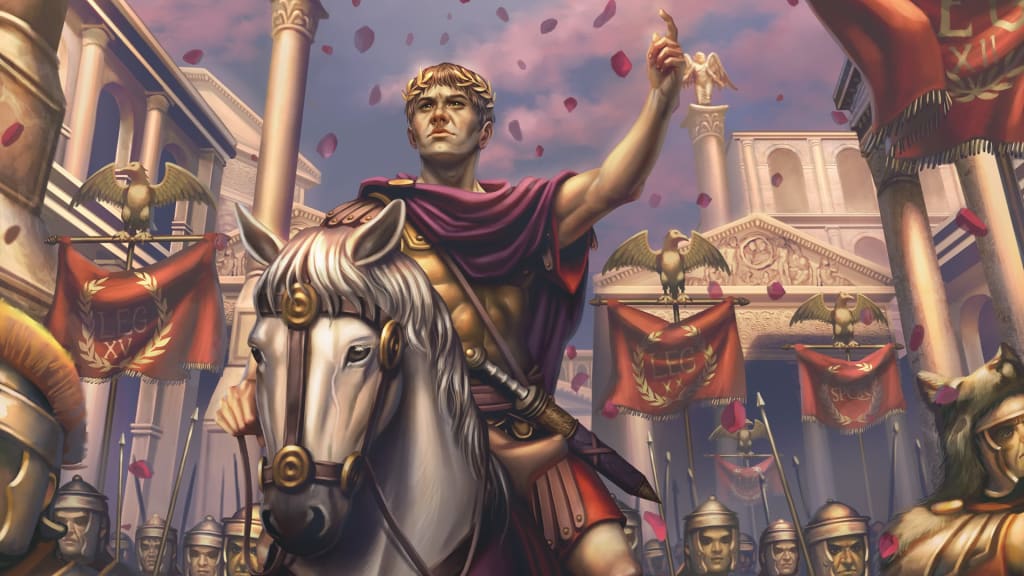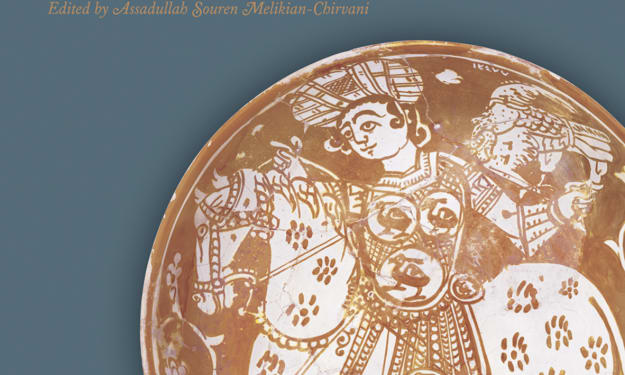The Roman Empire
The Rise and Fall of a Global Powerhouse

The Roman Empire
The Roman Empire was one of the most influential and powerful empires in history. It lasted for over 400 years and stretched across Europe, North Africa, and the Middle East. The empire was founded in 27 BC by Augustus Caesar and reached its peak in the 2nd century AD under Trajan. The empire began to decline in the 3rd century AD and eventually split into two parts in 395 AD. The Western Roman Empire fell in 476 AD, while the Eastern Roman Empire, also known as the Byzantine Empire, lasted for another thousand years.
The Rise of the Roman Empire
The Roman Empire began as a small city-state in central Italy. In the 5th century BC, Rome began to expand its territory, conquering neighboring states. By the 2nd century BC, Rome had become the dominant power in Italy.
In 27 BC, Augustus Caesar was named the first Roman emperor. Augustus began a period of peace and prosperity that lasted for over two centuries. During this time, the Roman Empire expanded its territory to include most of Europe, North Africa, and the Middle East.
The Peak of the Roman Empire
The Roman Empire reached its peak in the 2nd century AD under Trajan. Trajan was a successful military leader who expanded the empire's territory to its greatest extent. He also built a number of public works projects, including the Trajan's Column and the Trajan's Forum.
The 2nd century AD was a time of great prosperity for the Roman Empire. The economy was strong, and the arts and sciences flourished. The empire was also a relatively peaceful time, with few major wars.
The Fall of the Western Roman Empire
The fall of the Western Roman Empire was a complex event with many causes. Some of the most important factors include:
Civil wars: The empire was plagued by civil wars throughout the 3rd century AD. These wars weakened the empire and made it more vulnerable to attack.
Invasions: The empire was also invaded by Germanic tribes throughout the 3rd and 4th centuries AD. These invasions put a strain on the empire's resources and led to further instability.
Economic problems: The empire's economy was also in decline in the 3rd and 4th centuries AD. This was due to a number of factors, including inflation, over-taxation, and the decline of agriculture.
These factors led to a weakening of the Roman Empire's central authority. In 395 AD, the empire was divided into two parts, the Western Roman Empire and the Eastern Roman Empire. This division further weakened the empire and made it more difficult to defend itself from attack.
In 476 AD, the Germanic tribe of the Visigoths sacked Rome, effectively ending the Western Roman Empire. The Eastern Roman Empire, also known as the Byzantine Empire, continued to exist for another thousand years, but it was never as powerful as the Western Roman Empire had been.
The Legacy of the Roman Empire
The fall of the Western Roman Empire was a major turning point in history. It marked the end of the Roman Empire as a unified political entity. However, the Roman Empire's legacy continues to be felt today in many aspects of Western civilization.
The Roman Empire spread Roman law, language, and culture throughout its territories. These elements of Roman culture had a lasting impact on Western civilization. Roman law, for example, is still the basis of many legal systems today.
The Roman Empire also built a vast network of roads, bridges, and aqueducts. These infrastructure projects helped to connect and unify the empire's territories. They also had a lasting impact on the development of Western civilization.
The Roman Empire's legacy can also be seen in the arts and sciences. Roman artists and scientists made significant contributions to these fields. Their work continues to inspire artists and scientists today.
In conclusion, the Roman Empire was a major force in the development of Western civilization. Its legacy can still be seen today in many aspects of our lives.
About the Creator
Hmid Abderrahmane
Abderrahman hmid, 23, a skilled content writer with translation expertise. Experienced in journalistic translation across fields. Owns a collection of unpublished fiction and creative stories awaiting an online debut. Thanks!






Comments
There are no comments for this story
Be the first to respond and start the conversation.